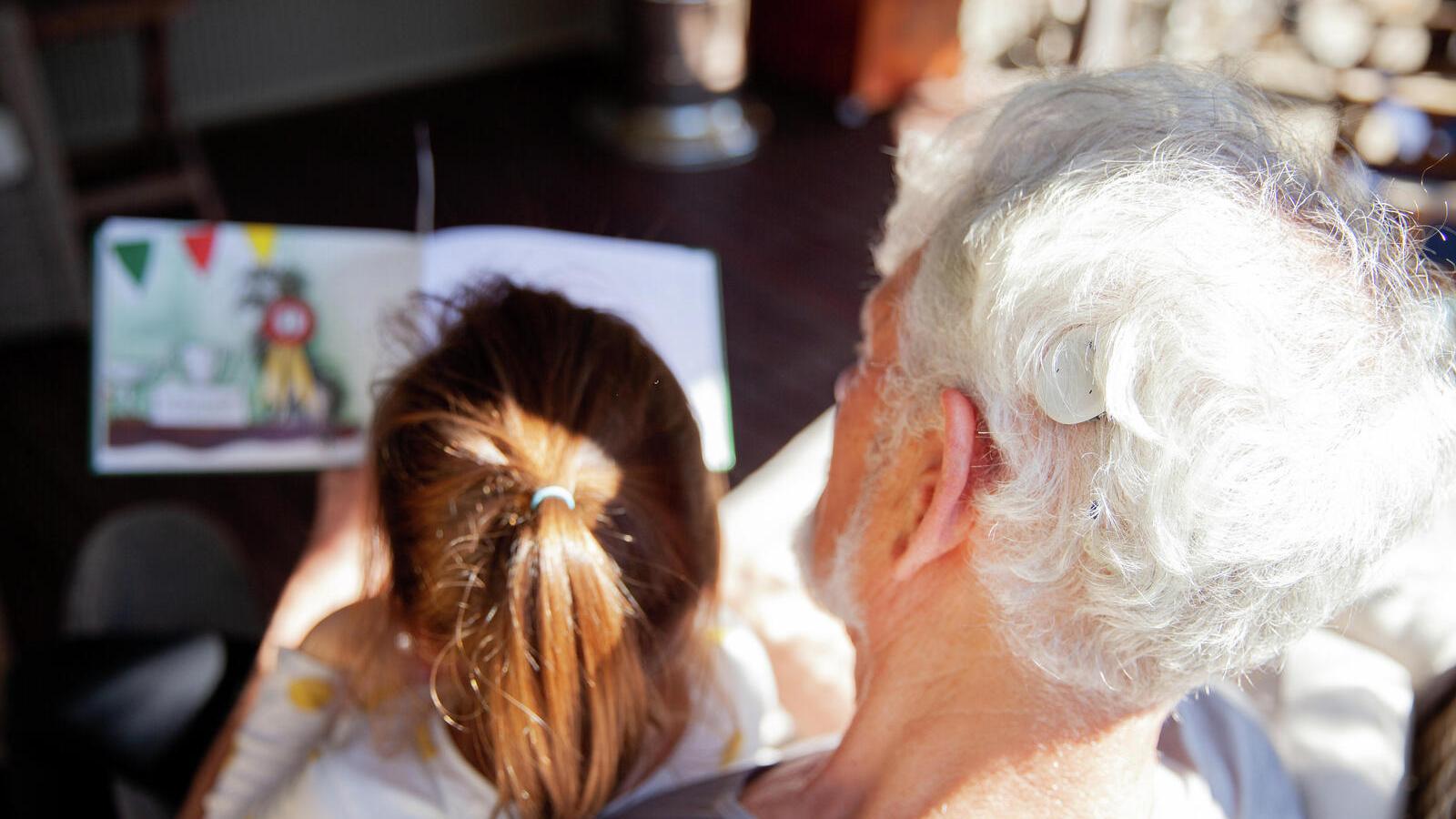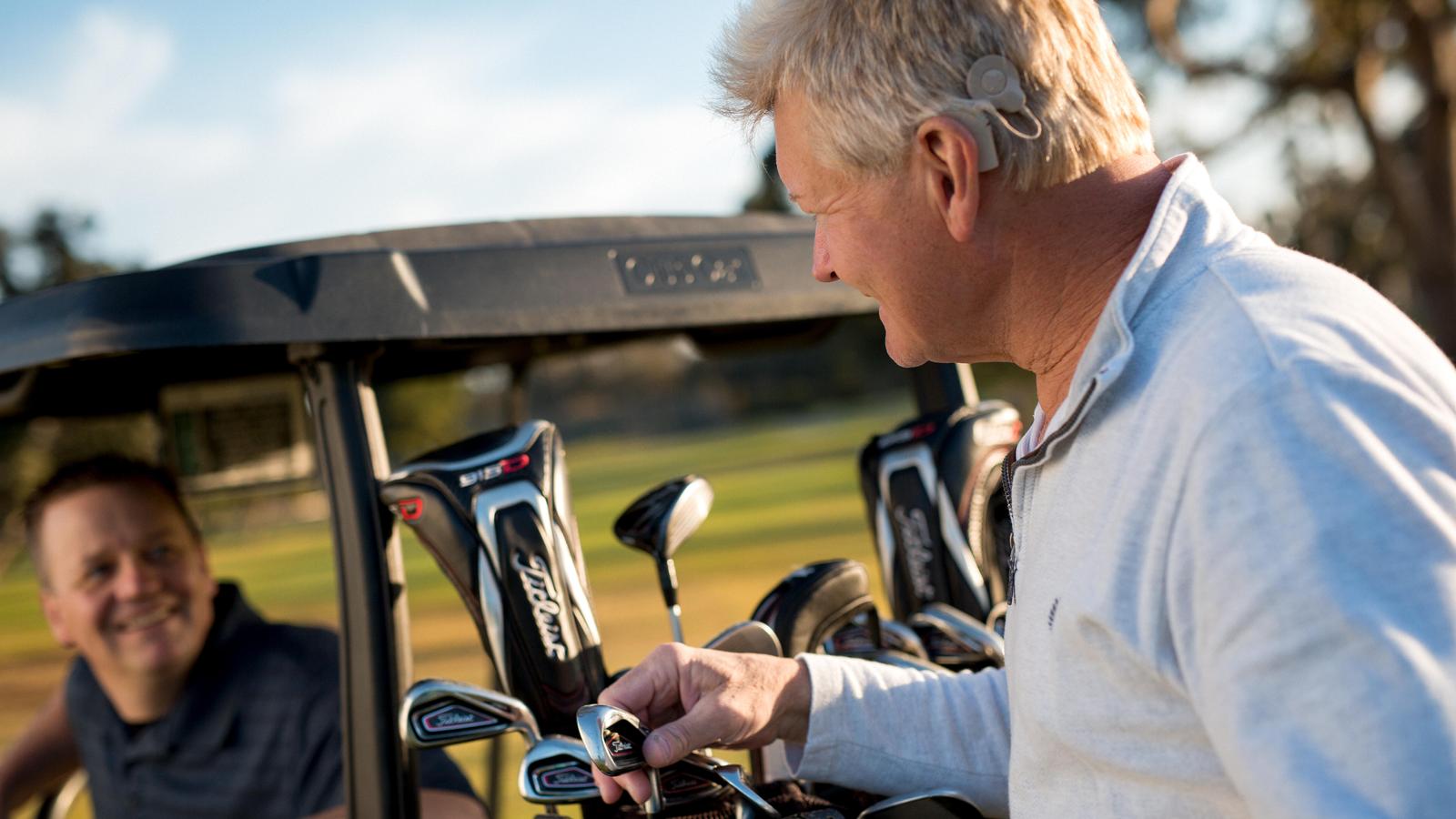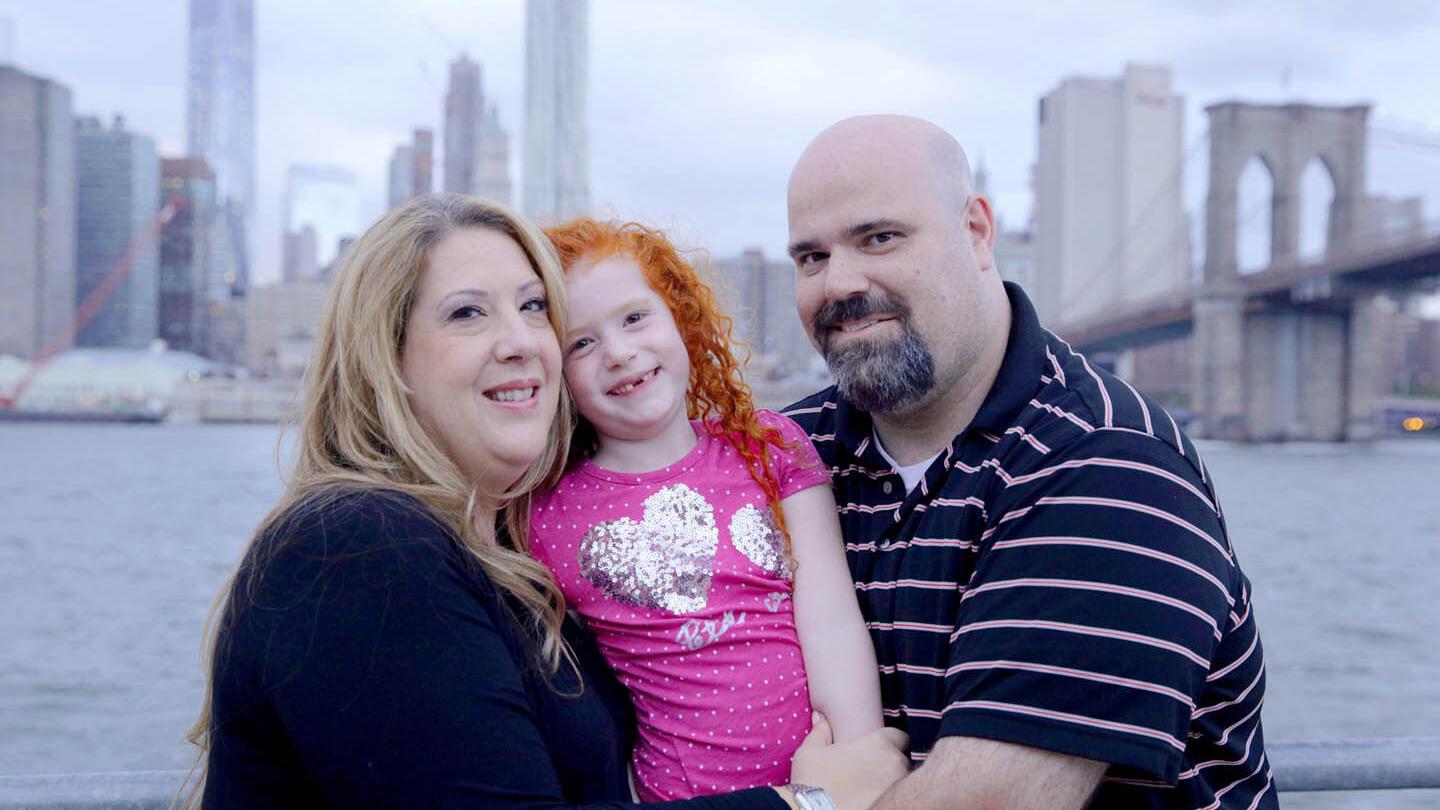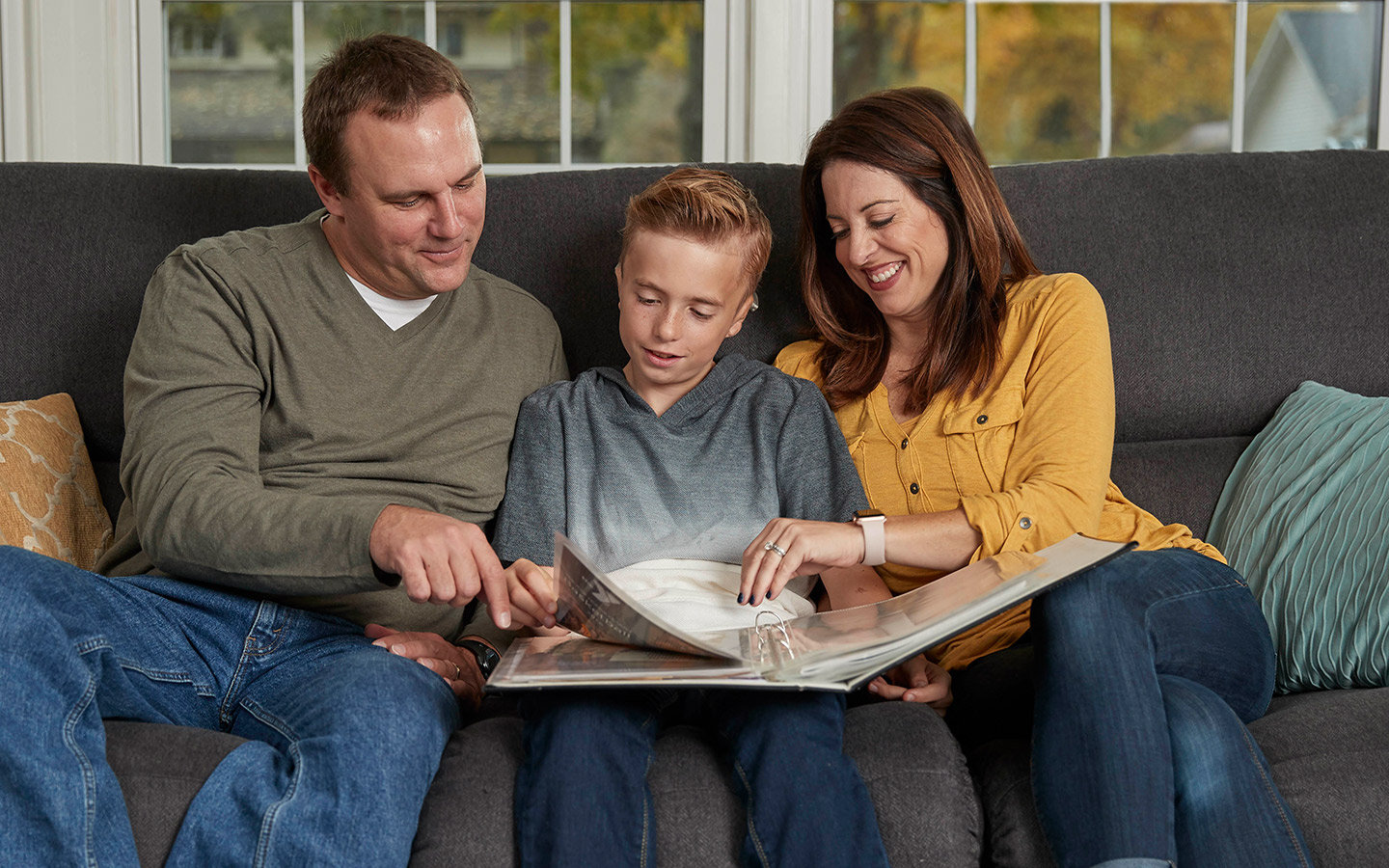Fitting your bone conduction device
The moment you’ve been waiting for is coming. Here’s a list of questions to ask your hearing health professional so you’ll know what to expect.

What you'll find on this page
- Questions to ask your hearing care professional
- What to expect on fitting day and beyond
It's normal to feel nervous and excited as you get ready for your bone conduction solution fitting.
The fitting process will be similar whether you have an Osia® System or a Baha® System. At your first appointment, your hearing health professional will fit your sound processor and program it for you.
Here’s a list of questions to ask your hearing health professional to help you know what to expect.
- What happens during my appointment?
- What will it feel like when fitting my sound processor?
- Will I hear right away?
- How will it sound? Will it sound just like I remembered, or will it sound mechanical or high-pitched?
- How long will it take for me to adjust to the new sound?
- How do I put on my sound processor?
- How does my sound processor and implant work?
- What tips do you have for using my new sound processor?
- How often will I need to charge or change the batteries?
- How do I store and care for my device?
- What resources and activities do you recommend for rehabilitation?
- What happens if my hearing changes over time?
- Is there a network of hearing implant recipients in our community? Can you put me in touch with them?
- How often should I see the hearing health professional for follow-ups?
What usually happens on fitting day?
Your hearing health professional will fit and program your sound processor a few weeks after your surgery. It’s typically a simple and quick process.
They’ll connect your Osia® System or Baha® System to the programming software and place the sound processor on your head. They'll then perform a feedback test, and you can hear sound through the sound processor for the first time.
Your hearing health professional will program your sound processor to meet your individual needs. They can set specific listening programs for different hearing situations, such as quiet or noisy environments.
Your new hearing device is then ready to go.
"Having had the Osia System, it’s changed my life to such a degree that I really would find it very difficult to imagine what it would be like not having it now."
- Chris, Cochlear™ Osia® System recipient
What to expect after your sound processor is turned on
When your sound processor is turned on, all the new sounds can seem a little overwhelming for you at first – it will take some time to adjust and get used to the new sounds.
Initially, your hearing may feel different. Generally, within a few weeks of taking in all sorts of different sounds, the brain will adapt and your hearing will start to feel more natural.
Follow the guidelines for care and maintenance for your Osia® System or a Baha® System. Watch how-to videos covering everything from pairing your device with a smart phone to how to care for and operate your device. We also offer self-service troubleshooting resources where you can browse the most common issues and solutions. Or contact our customer service team, who can help answer any questions you might have.

Connect with a recipient
Learn about their first-hand experience choosing a Cochlear hearing solution
Disclaimer
Please seek advice from your health professional about treatments for hearing loss. Outcomes may vary, and your health professional will advise you about the factors which could affect your outcome. Always read the instructions for use. Not all products are available in all countries. Please contact your local Cochlear representative for product information.
Views expressed are those of the individual. Consult your health professional to determine if you are a candidate for Cochlear technology.
For a full list of Cochlear’s trademarks, please visit our Terms of Use page.





